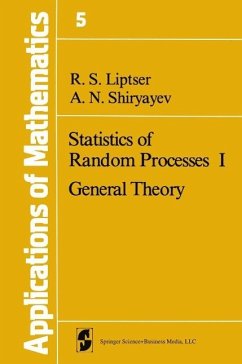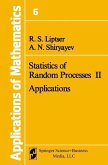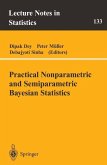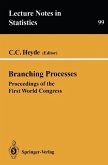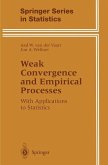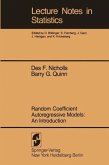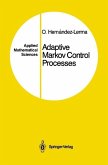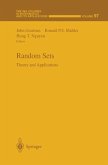A considerable number of problems in the statistics of random processes are formulated within the following scheme. On a certain probability space (Q, ff, P) a partially observable random process (lJ,~) = (lJ ~/), t :;::-: 0, is given with only the second component n ~ = (~/), t:;::-: 0, observed. At any time t it is required, based on ~h = g., ° s sst}, to estimate the unobservable state lJ/. This problem of estimating (in other words, the filtering problem) 0/ from ~h will be discussed in this book. It is well known that if M(lJ;) < 00, then the optimal mean square esti mate of lJ/ from ~h is the a posteriori mean m/ = M(lJ/1 ff~), where ff~ = CT{ w: ~., sst} is the CT-algebra generated by ~h. Therefore, the solution of the problem of optimal (in the mean square sense) filtering is reduced to finding the conditional (mathematical) expectation m/ = M(lJ/lffa. In principle, the conditional expectation M(lJ/lff;) can be computed by Bayes' formula. However, even in many rather simple cases, equations obtained by Bayes' formula are too cumbersome, and present difficulties in their practical application as well as in the investigation of the structure and properties of the solution.
Dieser Download kann aus rechtlichen Gründen nur mit Rechnungsadresse in A, B, BG, CY, CZ, D, DK, EW, E, FIN, F, GR, HR, H, IRL, I, LT, L, LR, M, NL, PL, P, R, S, SLO, SK ausgeliefert werden.

